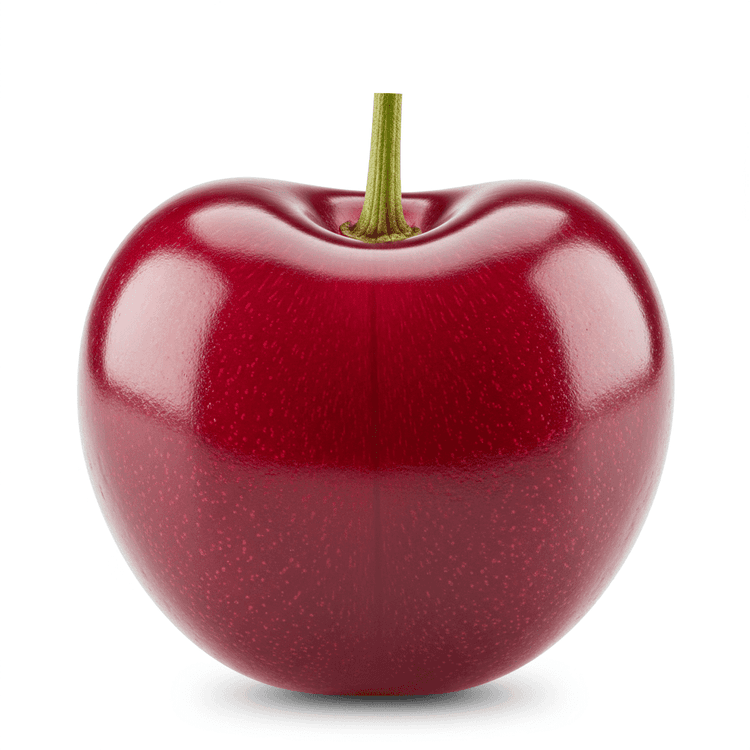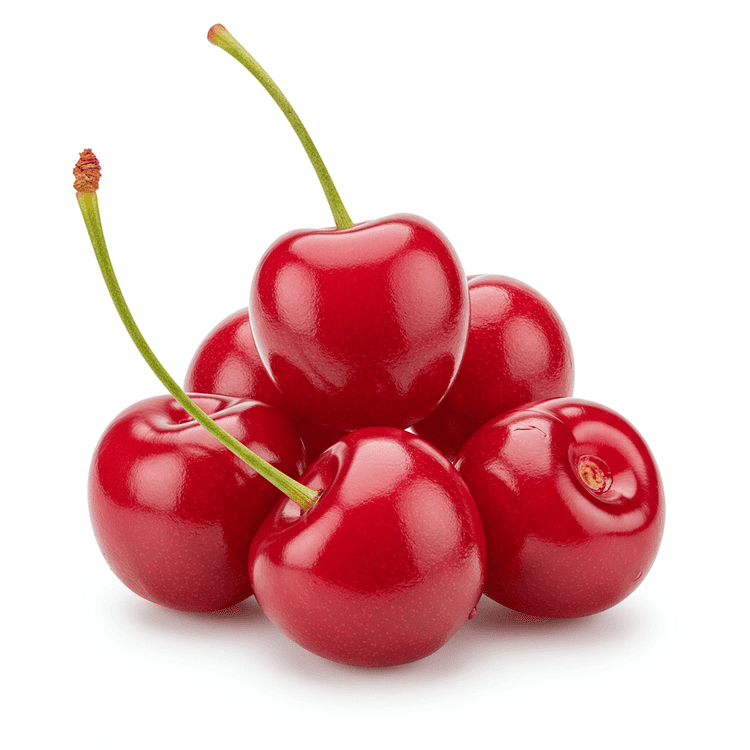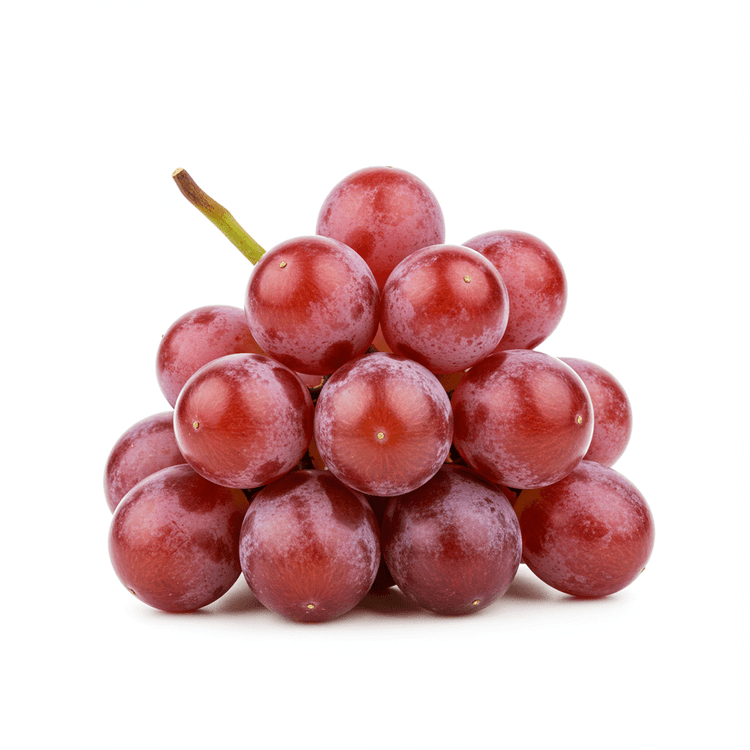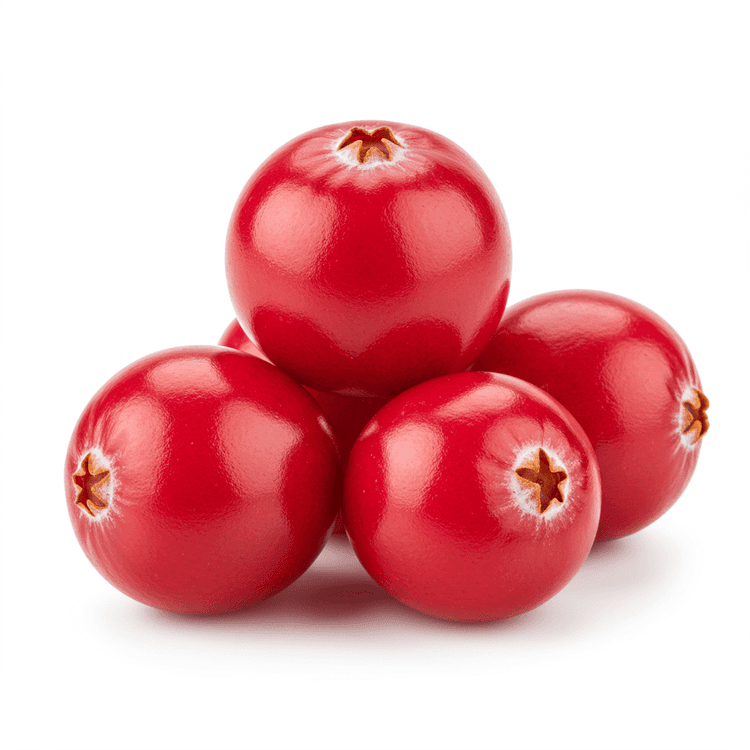
Cherry
Cherries are small, round stone fruits that range in color from bright red to deep burgundy, almost black, depending on the variety. Their flesh is juicy and sweet, with a slightly tart undertone. Sweet cherries, like Bing or Rainier, are enjoyed fresh, while sour cherries, also known as tart cherries, are preferred for baking and preserves. The smooth, glossy skin adds to their visual appeal, making them a popular ingredient in both sweet and savory dishes. Looking for fresh cherries to add a burst of flavor? You can find them at your local grocery store or farmers market during their peak season.
Common Uses
- Cherries are used to make cherry pie, a classic dessert featuring a flaky crust filled with sweet or tart cherries and a touch of sugar and spices.
- Cherry jam and preserves can be made by cooking cherries with sugar and pectin, creating a sweet and fruity spread perfect for toast or scones.
- Cherries can be used as a flavorful addition to salads, adding a burst of sweetness and vibrant color to leafy greens and other vegetables.
- Cherry sauce can be prepared to accompany roasted meats like duck or pork, providing a sweet and tangy counterpoint to the rich flavors of the meat.
- Cherries can be pitted and frozen for later use in smoothies, baked goods, or other culinary applications, extending their availability beyond their short growing season.
- Cherries are used to prepare cherry juice, a refreshing and healthful beverage that can be enjoyed on its own or mixed into cocktails.
Nutrition (per serving)
Nutrition (per serving)
Calories
66.2kcal (3.31%)
Protein
1.1g (2.12%)
Carbs
16.0g (5.82%)
Sugars
13.0g (26.04%)
Healthy Fat
0.1g
Unhealthy Fat
0.0g
% Daily Value based on a 2000 calorie diet
Nutrition (per serving)
Calories
66.2kcal (3.31%)
Protein
1.1g (2.12%)
Carbs
16.0g (5.82%)
Sugars
13.0g (26.04%)
Healthy Fat
0.1g
Unhealthy Fat
0.0g
% Daily Value based on a 2000 calorie diet
Health Benefits
- Rich in antioxidants to combat free radicals and reduce oxidative stress.
- May improve sleep quality due to natural melatonin content.
- Supports heart health by lowering blood pressure and cholesterol levels.
- Can reduce post-exercise muscle soreness and aid recovery.
- Anti-inflammatory properties may alleviate arthritis symptoms.
- Good source of Vitamin C and fiber for immune support and digestive health.
Chefadora AI is here.
Experience smarter, stress-free cooking.
Storage Tips
Fresh cherries are best stored in the refrigerator. Remove any bruised or damaged cherries before storing to prevent spoilage. Place cherries in a plastic bag or airtight container and store in the crisper drawer for up to one week. For longer storage, cherries can be frozen. Pit and spread them on a baking sheet, freeze until solid, and then transfer them to a freezer bag or container. Frozen cherries can last for up to 12 months.
Marnirni-apinthi Building, Lot Fourteen,
North Terrace, Adelaide, South Australia, 5000
Australia






